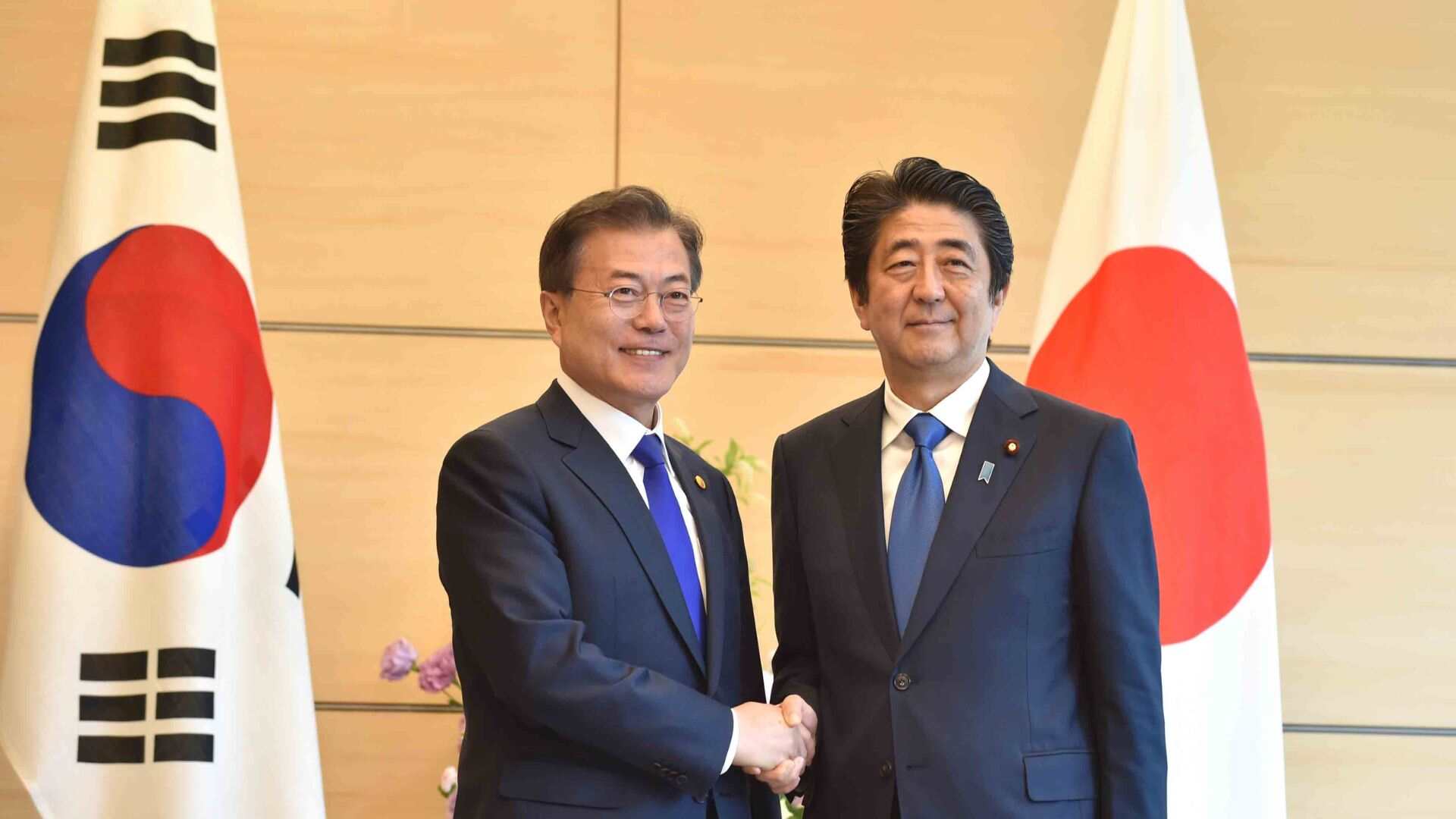America’s two most powerful allies in the Pacific, Japan and South Korea, are elevating their defense cooperation amid escalating concerns over China’s assertiveness and North Korean threats, according to Japan’s top general on Thursday.
Before a trilateral meeting with US Chairman of the Joint Chiefs Gen CQ Brown and South Korean Adm. Kim Myung-soo, Japanese Gen. Yoshihide Yoshida remarked on China’s attempts to “change the status quo by force” in the East China and South China seas. He also highlighted North Korea’s “repeated ballistic missile launches and continuous arms transfers” to Russia. Yoshida called for Japan, South Korea, and the United States to “demonstrate our strong unity domestically and globally to ensure regional peace and stability.”
Historic Japan-South Korea Meeting
A significant outcome of this week’s discussions in Tokyo was the bilateral cooperation between Japan and South Korea. On Wednesday, Yoshida met with South Korea’s Kim, marking the first such meeting between the East Asian defense chiefs in six years, a development that a US defense official emphasized as significant.
Kim noted their shared perspectives on regional threats from China and North Korea. “We developed strong trust between us,” Yoshida said, indicating that the meeting paves the way for Japan-South Korea bilateral “defense cooperation to achieve a new height.”
Strengthening Bilateral Relations
Regional analyst James Brown highlighted the improved Japan-South Korea relationship under South Korean President Yoon Suk Yeol, who succeeded Moon Jae-in in 2022. “The political mood has improved significantly, and now we’re having the defense side of things aligning with that,” said Brown, a professor of political science at Temple University in Tokyo.
Japan felt the previous administration in Seoul was overly focused on historical issues and tried to improve relations with North Korea, Brown explained. The recent rapprochement was exemplified last month when Japan and South Korea joined the US in the inaugural Freedom Edge in the Pacific, a military exercise focusing on ballistic missile and air defense, anti-submarine warfare, and more.
Trilateral Cooperation
For years, historical tensions between Japan and South Korea prevented high-level meetings and cooperation. However, faced with an increasingly assertive China and North Korean threats, the two countries have prioritized cooperation, driven significantly by the efforts of US President Joe Biden’s administration.
In March 2023, Japan and South Korea agreed to resume ties at a summit in Tokyo. Four months later, Biden hosted the leaders of Japan and South Korea at Camp David, where they pledged to “inaugurate a new era of trilateral partnership.” Recently, US Defense Secretary Lloyd Austin met his Japanese and South Korean counterparts in Singapore, announcing joint military exercises.
Significant Trilateral Meeting in Tokyo
The trilateral meeting of the defense chiefs at the Japanese Defense Ministry on Thursday underscored the rapidly developing cooperation. “I expect that the three of us sitting here in Tokyo today will send a message to the regional threats but also more globally on the strength of our relationship, our alliances, and the work that we need to continue to do,” Gen. Brown stated.
The meeting follows the NATO summit held last week in Washington, where the alliance’s communique emphasized the importance of the Indo-Pacific, noting that developments in the region directly affect Euro-Atlantic security.
Urgency Behind Cooperation
Both Japanese and South Korean defense chiefs expressed concerns over Russia’s growing ties with North Korea. Earlier in the week, Brown mentioned NATO nations’ increasing interest in the Indo-Pacific and vice versa.
Leif-Eric Easley, a professor of international studies at Ewha Womans University in Seoul, noted a sense of urgency behind the developing cooperation. The East Asian nations aim to establish a coordinated response to common adversaries before potential political changes in Seoul or Washington could disrupt the relationship. “Domestic politics remain complicated in Seoul and Tokyo, but policymakers and military professionals want to lock in coordinated responses to North Korea, Russia, and China before any major political changes occur in Washington,” Easley said.







